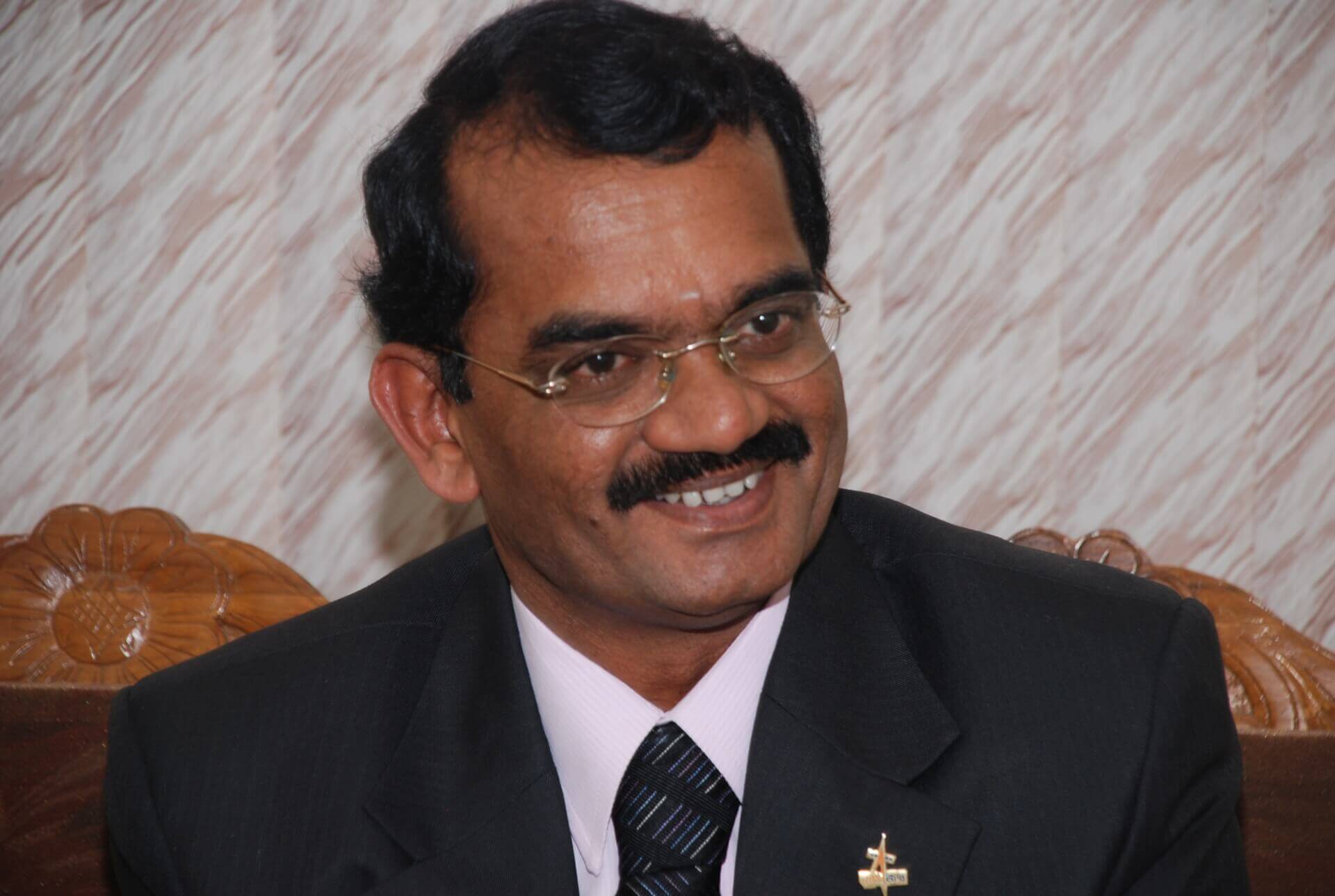In an interview with Polish media house Interia, Dr. Mylswamy Annadurai, an Indian engineer and scientist, said that human settlements on the moon may be possible in 10 years.
“Moon Village”
Annadurai, who is one of the scientists behind the successes of India’s recent space probe mission, said that the goal was to “make the Moon our backyard, as we have already done in Antarctica,” including by “maintaining permanent research stations there for decades.”
For this, the “first step is to establish a long-term human presence” on the moon, as “ultimately, a starting point for future expeditions to Mars is to be built on the Moon,” he stated.
Terming the concept “moon village,” Annadurai said that the concept will not materialise without China and India, due to their advanced space programs.
Talking about a “modest but long-term human presence” on the moon, the scientist added, that expanding human presence to “the size of a colony, which could be a starting point for a trip to Mars, would take another 10 or 15 years.”
I interviewed Dr Mylswamy Annadurai – the man behind over 40 Indian space missions. After the success of #Chandrayaan3, he tells me about India’s development, its future role as a space power and his own vision of the #MoonVillage 🇮🇳🚀🛰️ @Kate_SdE @SameerP_IND @Adam_Burakowski pic.twitter.com/AcDaCI3GHT
— Tomasz Augustyniak (@TomAugustWrites) August 25, 2023
“If humanity is ready to cooperate, building a base on Mars would be feasible in 50 years from now. This gives future generations hope for peaceful coexistence in space,” he asserted.
Annadurai also said that such an undertaking is “impossible on a small scale,” and will undoubtedly require the “cooperation of many countries.”
Borderless, Peaceful Existence on Moon
Referring to how US space agency NASA and Russia’s Roscosmos have continued to cooperate, despite their many differences over the ongoing war in Ukraine, Annadurai said that such experiences must be used to set up “a small community [on the moon] working not in the name of religion, race or language, but in the name of science.”
He further argued that the moon’s resources, such as water and helium-3, can help solve the Earth’s energy crisis, from which “all mankind will benefit.”
“If peaceful, borderless coexistence of people goes there, it will probably help us solve the problems on Earth,” he proclaimed.

